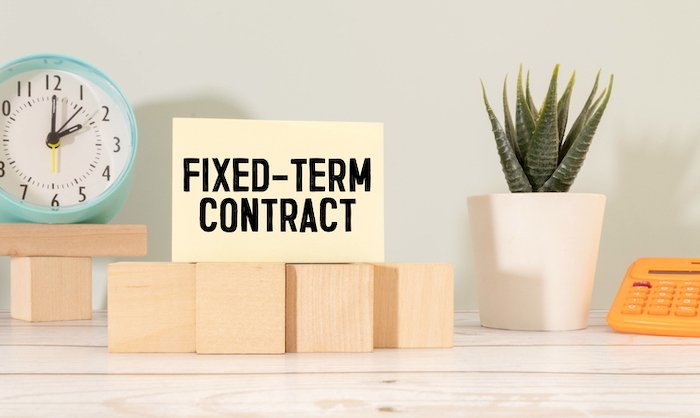As a landlord, one of the most challenging aspects of managing rental properties is delivering rent increases to tenants.
Generally rent increases are usually between $10 and $20 per week.
However, with the increase in interest rates and the changes to the interest deductibility law, we are seeing rent increases of between $50 and $70 becoming quite common.
This has the potential to cause anxiety and a backlash from your tenant so read on for some tips to minimise the impact.
1. Research well and Justify:
Before letting your tenants know about the rent increase, do some research to ensure the proposed amount aligns with the current rental market.
Head to Trade Me to see what other similar properties in the area and surrounding areas are renting for.
Trade Me also have a rental price index that you can look at to see how rents have changed in the last 12 months.
Another place to look at is Tenancy Services market rent which shows, based on bonds lodged, what the lower, median and upper level of rent is.
Explain your reasons for the higher than usual rent increase by highlighting any relevant factors such as rising interest rates and changes to the interest deductibility to help tenants comprehend the necessity for the larger than normal increase.
2. Open and Transparent Communication:
We always recommend calling your tenants to let them know about the rent increase rather than just emailing them.
This gives the opportunity for you both to address any concerns and answer questions directly.
Be open and transparent about the reasons behind the increase, emphasizing that it is not a personal decision but rather a necessary adjustment.
3. Show Empathy and Understanding:
Put yourself in your tenants’ shoes and approach the conversation with empathy.
Understand that a rent increase can be a financial burden, and tenants may have genuine concerns. Acknowledge their perspective, listen actively, and offer reassurance that you value them as tenants.
4. Provide Written Notice:
After phoning your tenants, follow up with a written notice outlining the details of how much you are increasing the rent by, what the new rent will be, the date the new rent takes effect and any other agreed-upon terms.
This ensures clarity and avoids misunderstandings.
60 days written notice plus delivery time of up to three days is the legal process to follow.
Be sure to do this because if you don’t the rental increase may not be valid and you’ll have to start again and serve another 60 day notice.
When sending the email include a couple of links to similar properties so that your tenants can see that the rent increase you are giving them is in alignment with other similar properties.
5. Is there a limit on how much rent can be increased by?:
There isn’t a limit on how much you can increase the rent, however the rent increase needs to be in line with market rents.
If ever challenged at the tenancy tribunal you would need to have proof that the rent increase was in alignment with other properties in the area and that you are charging market rent.
We recommend keeping a record of what process you followed to come up with the new rent.
Keep some listings of other properties that were for rent, keep the Tenancy Services market rent report for the area and any other research that you did.
6. Do I risk losing my tenants if I give them a large increase:
This is a conundrum that many a landlord and property manager considers when raising rents.
This is a risk of doing business and a large rent increase may well see your tenants starting to look around to see what other options are out there for them.
Things for you to consider are:
– Are your tenants great long term tenants, who pay the rent on time, look after your property, communicate well and in general are A+ tenants? If this is the case then you might consider increasing the rent to slightly below market rent.
– If your tenants do decide to give notice then you could face a gap between when they leave and a new tenant moves in as well as the cost of advertising and a letting fee (if your property is managed or you use a letting agent) to find new tenants. When weighing this up work out what this could cost you and maybe adjust the rent to reflect this if you want to keep your existing tenants.
Remember, the way you approach the issue of a rent increase can impact the overall tenant experience. Following these tips, seeing things from your tenants perspective and treating your tenant with respect and sensitivity will help navigate rent increases that minimises potential upset and maintains a positive landlord-tenant relationship,
Need help with your rental property?
Renthub offers flexible options for self-managing owners and a full-service flat fee option for owners that want to be totally hands off.
Call us on 09 6302655, email us on office@renthub.nz, or find out more here: Auckland Property Management Services



